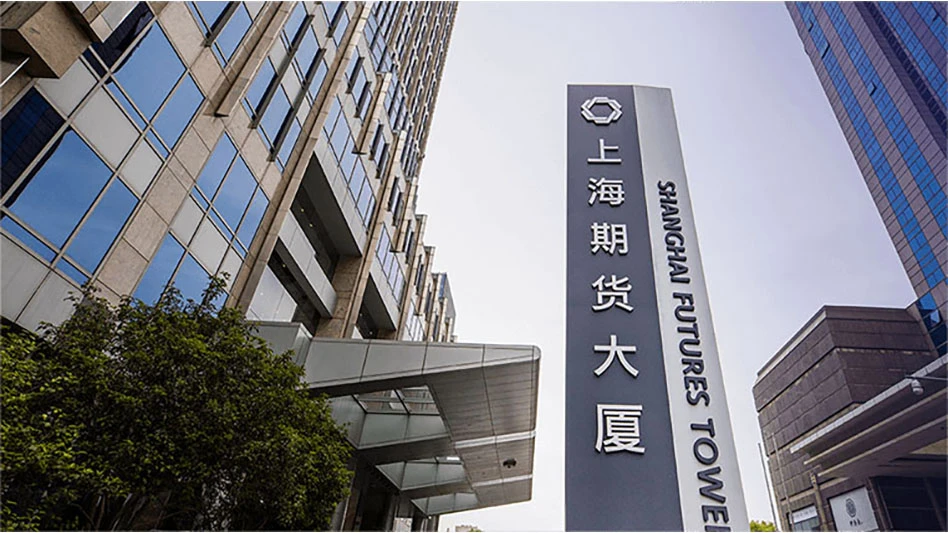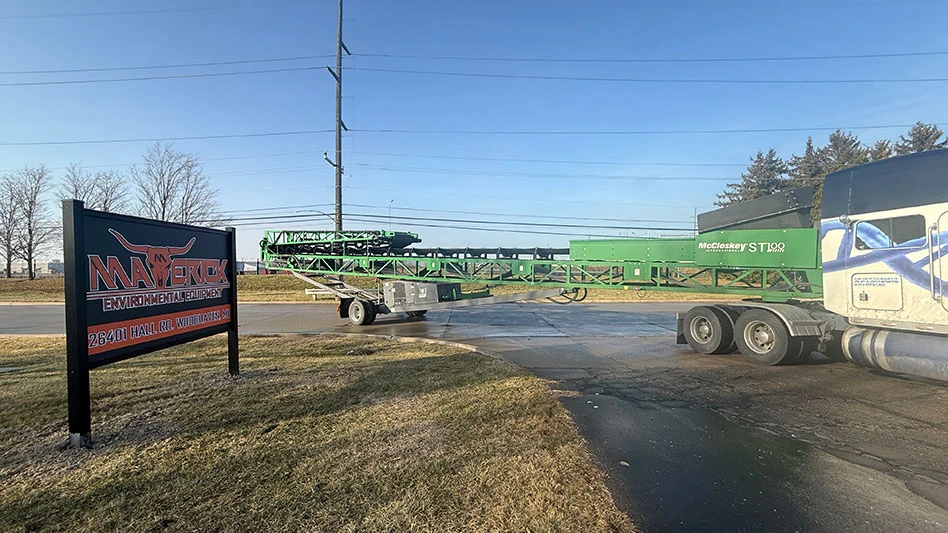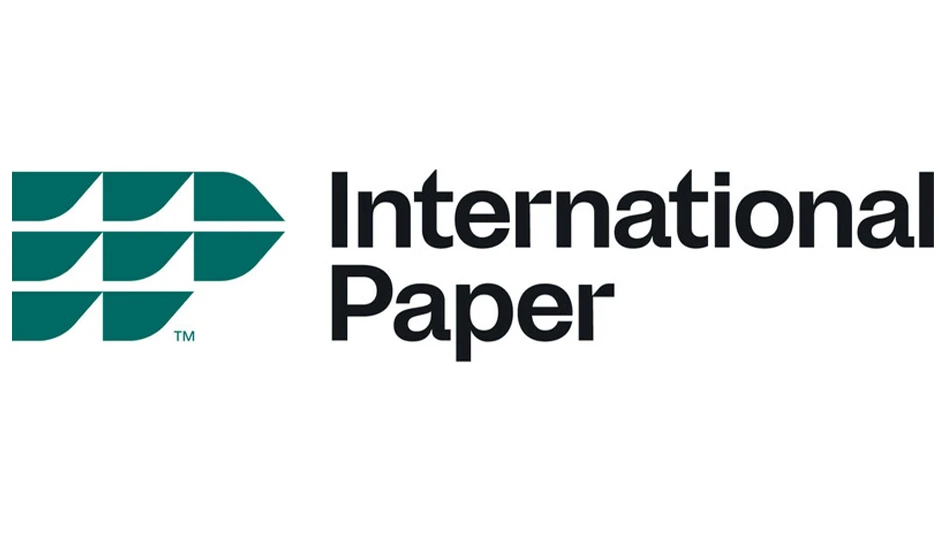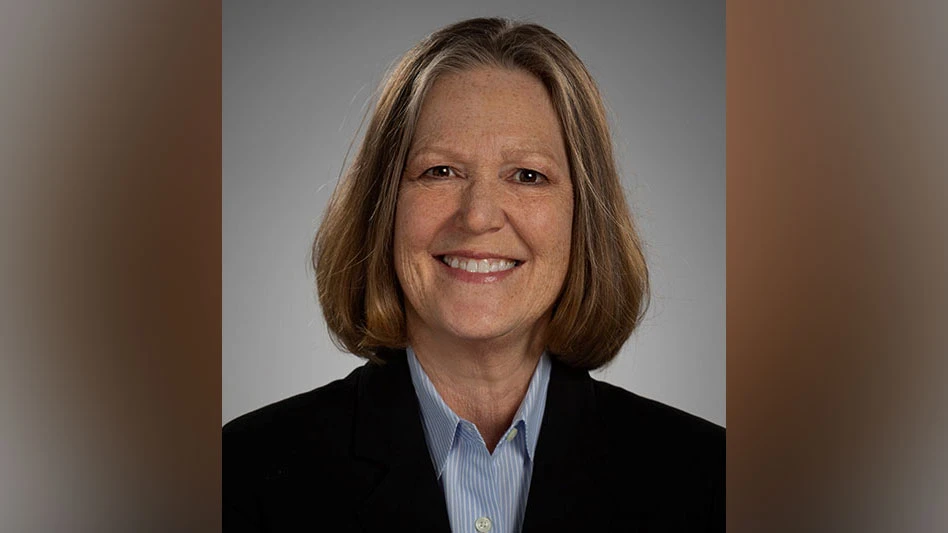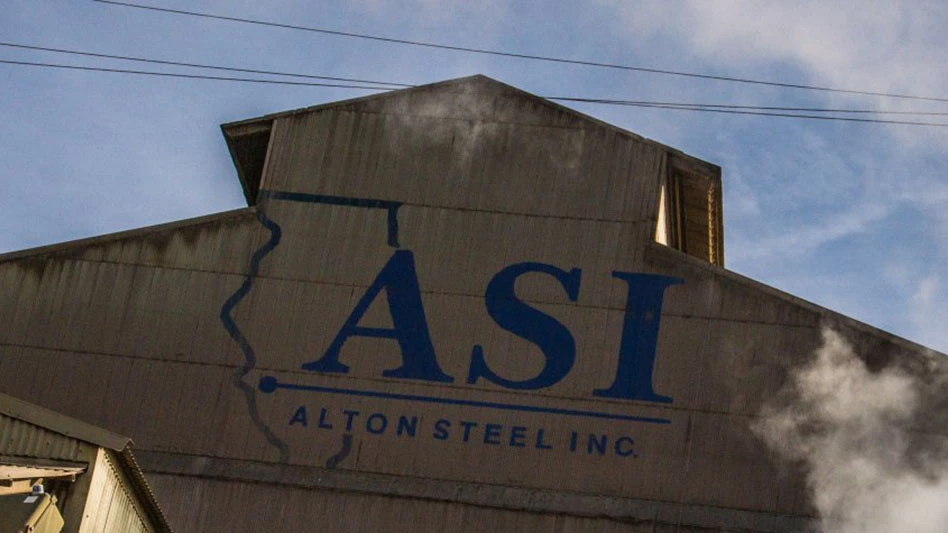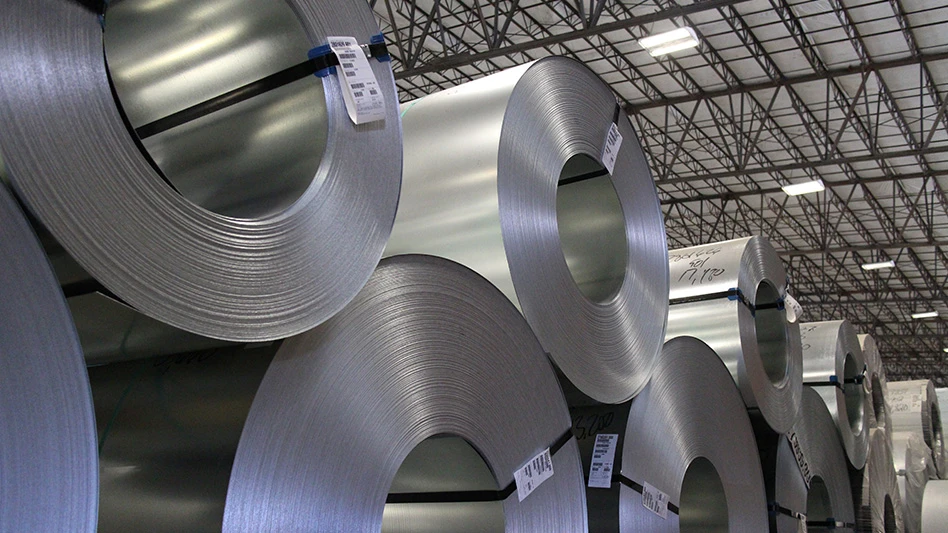
Holger | stock.adobe.com
On July 1, imports of all plastic scrap will be prohibited from entering Malaysia.
According to the Seattle-based Basel Action Network (BAN), the new law will bring Malaysia into alignment with the Basel Convention, including the 2019 Plastic Waste Amendments and its trade ban on certain plastic scrap between parties of the convention, such as Malaysia, and nonparties such as the United States.
“We are ecstatic that this new law aims to stop much of the harmful plastic waste moving in containers each day from Los Angeles to Port Klang under the guise of recycling,” says Jim Puckett, founder and chief of strategic direction of BAN. “The ‘recycling’ is doing more harm than good as only a fraction of the exports ever get recycled. The plastics that are not feasible to be recycled are often hazardous, or contain microplastics, which are commonly dumped, burned or released into waterways. The export of plastic waste for recycling is a complete sham and it is a relief that the U.S. contribution to this plastic waste shell game is increasingly outlawed.”
As of July 1, under the amended Customs Act in Malaysia, plastic scrap imports are prohibited unless they are approved by SIRIM Berhad, an agency under the purview of the Malaysian Ministry of Investment, Trade and Industry. BAN says SIRIM, formerly known as the Standard and Industrial Research Institute of Malaysia, is in charge of inspections and granting import permits under a new set of rules found in the Guidelines for Importation and Inspection of Waste Plastic.
Under the guidelines, BAN notes that plastic scrap only will be allowed from Basel parties and, thus, not the U.S., unless a special bilateral treaty is formed as allowed for under the Basel Convention. Free-trade zones will not be exempted. All exports will be subject to preinspection in the exporting countries, and any false HS code declarations will be considered noncompliance and subject to prosecution.
According to U.S. Census Bureau data, the country exported 35,316 tons of plastic scrap to Malaysia in 2024. United Nations Comtrade data shows that from 2021-2024, Malaysia received more plastic scrap imports from around the globe than any other non-OECD (Organization for Economic Co-Operation and Development) country.
From other countries that are Basel parties, BAN says imported plastic scrap must not be mixed, with the exception of polypropylene (PP), polyethylene (PE) and polyethylene terephthalate (PET) mixtures. Each individual polymer must have a 99.5 percent purity level. Ban notes that experts consider this level as impossible to meet for any postconsumer plastic scrap, including electronic plastic, agricultural scrap and material arising from municipal material recovery facilities (MRFs).
Furthermore, BAN says plastic scrap cannot exceed 2 percent of nonplastic contaminants such as wood, paper or metal, with a zero tolerance for any food, oil or e-scrap mixed into the loads. BAN cites its own data gathered in California claiming contamination levels of plastic scrap by other plastics is routinely found to be at 8-9 percent, while contamination levels by metal or wood often are found at levels between 6-17 percent.
Additionally, BAN says it is calling on all shipping lines, freight companies, plastic recyclers and brokers to respect Malaysia’s sovereignty and “cease being accomplices in global waste dumping crimes.” BAN says it also is calling on all countries targeted by plastic scrap brokers to similarly use the Basel Convention to protect their people and their environment. The organization notes that other Southeast Asian countries such as Thailand and Indonesia have announced plastic scrap import bans this year.
“Our people and environment in Malaysia have suffered greatly from the pollution caused by imported plastic and electronic waste,” says Wong Pui Yi, BAN researcher from Kuala Lumpur. “Other countries in Southeast Asia are likewise being harmed by foreign plastic waste daily. We sincerely hope that exporting countries will help us put a stop to waste dumping and trafficking.
“But for these new regulations to be successful, the government must enforce them transparently, swiftly prosecute those who violate the law and close any loopholes that may arise, including clamping down on corruption. We must remain vigilant and continue to spot-check the system with intelligence-led searches and seizures.”
BAN says it will continue to provide governments in the region with risk-based intelligence as part of its ongoing Operation Can Opener.
Latest from Recycling Today
- Stadler equips Spanish MRF
- SSAB finishes 2025 with decreased revenue
- Vecoplan appoints CFO
- Aurubis raises full-year forecast
- Levitated Metals adds LIBS sorting technology
- Redwood Materials closes on $425M in Series E financing
- Updated: Wieland Chase expands northwest Ohio facility
- Recovered paper traders report lukewarm market
